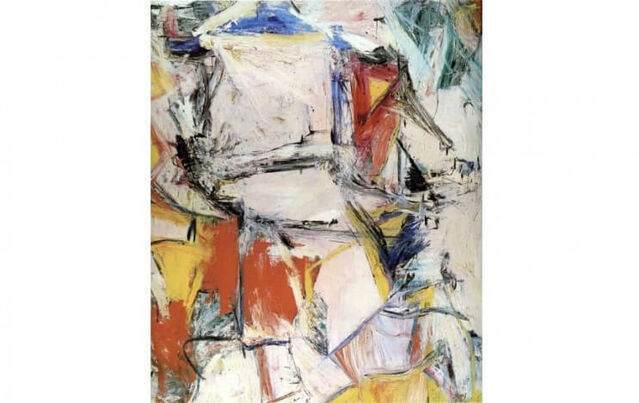Persuasion
Dislike What I Like? You Are Not Objective
How naive realism can influence perceptions of art.
Posted September 30, 2020 Reviewed by Abigail Fagan

In psychology, naive realism is the notion that people tend to think they are objective, rational, perceivers of the world, and that when other people disagree with them, they are being biased and subjective.
A variety of studies support this position. For instance, when asked about how much various biases impact them, and how much these same biases impact others, people tend to think they are less influenced than others. Even when people admit to using biased methods of obtaining information, they still tend to think that their conclusions derived from those sources are objective.
People also tend to exaggerate the number of people that think and believe as they do. In terms of such "false consensus," the argument is that if people think they are objective, then they should overestimate the extent to which people agree with them — in the absence of any other information. However, when differences are apparent, then people switch to overestimating differences in beliefs. If others disagree with you, then exaggerating their bias is a means of protecting your own objectivity.
When teaching these ideas, I often think to myself things like, "Surely this wouldn't apply to things like ice cream?" People surely can recognize that others like different flavors than they do, and in doing so appreciate that there is no objective truth in this.
It seems those thoughts might have been incorrect.
Interesting new research in this area by Princeton psychologists has looked at whether tendencies to see your own perceptions as objective relative to others extends to artistic tastes. This pushes the envelope of naive realism research because art is such a seemingly subjective domain. People might denigrate the objectivity of others with different beliefs when they are tied to important values, such as moral and political beliefs. It seems far less likely, arguably, that people would denigrate the objectivity of others over something so subjective as art. Perhaps, like I believed in my ice cream thoughts above, this tendency to be naive realists might switch off in these cases and we can actually appreciate that others have differences in experience and their answer is just as true to them as ours is to us.
Across multiple studies, they had people rate paintings. They altered the extent to which participants were told that another person agreed with their own artistic preferences. The more another person disagreed, the more that other person was rated as subjective and biased in their art evaluations. Regardless, one's own views tended to be rated as objective.
Sociologists Berger and Luckmann once wrote that people's beliefs are social constructions, but that they develop a sense of objectivity, much like any fact about the physical world does. As such, when a person disagrees with you, it is as if they are questioning and denying the very reality you live in. This is potentially very distressing and disorienting. As such, there is a tendency to lash out against their version of reality (their beliefs) as this helps protect the "objectivity" of your own socially constructed beliefs. Mere differences of opinion take on a whole new outlook from this perspective. Others don't just see or experience things differently. They deny the reality that is right in front of them.
It's sort of how you probably feel when I tell you that the painting included in this blog post sold for $300 million.


